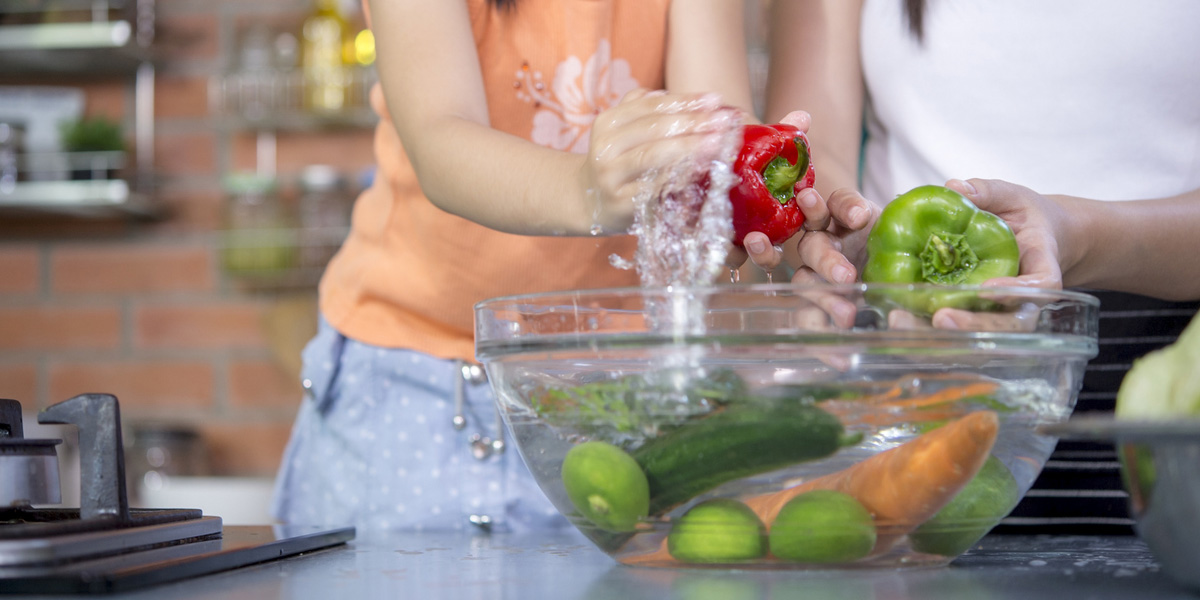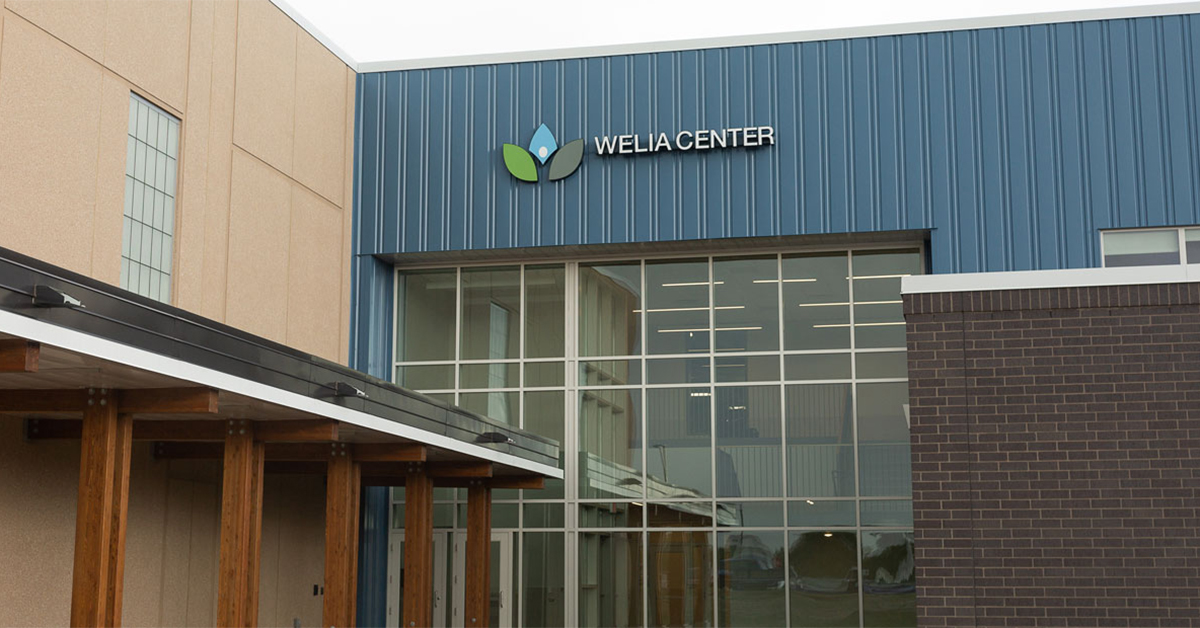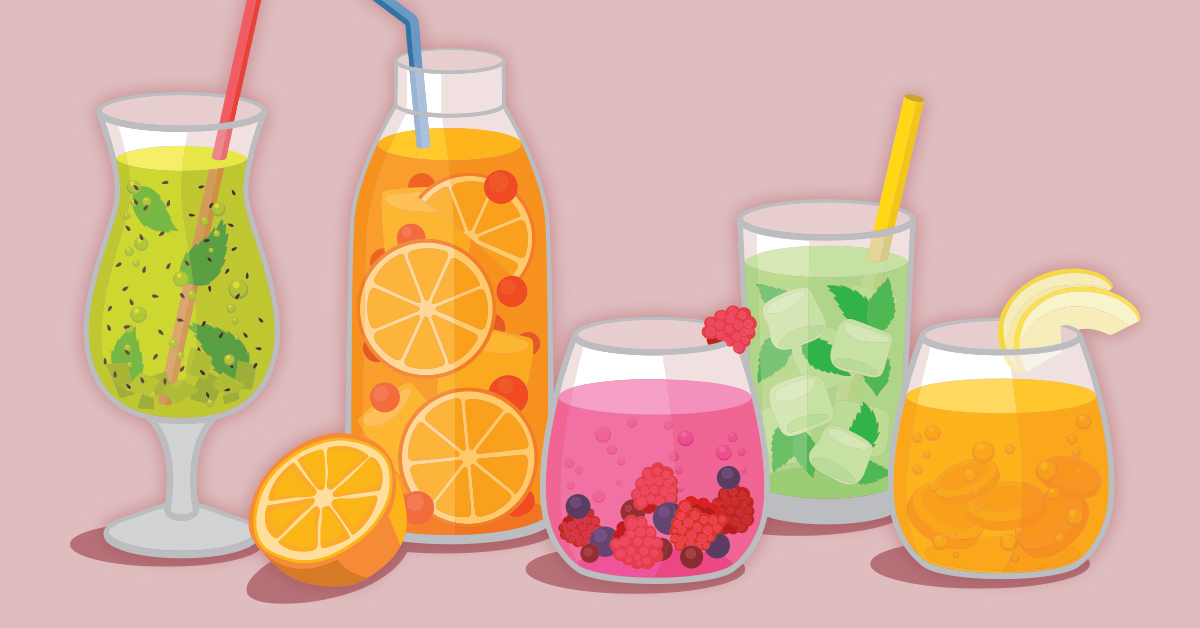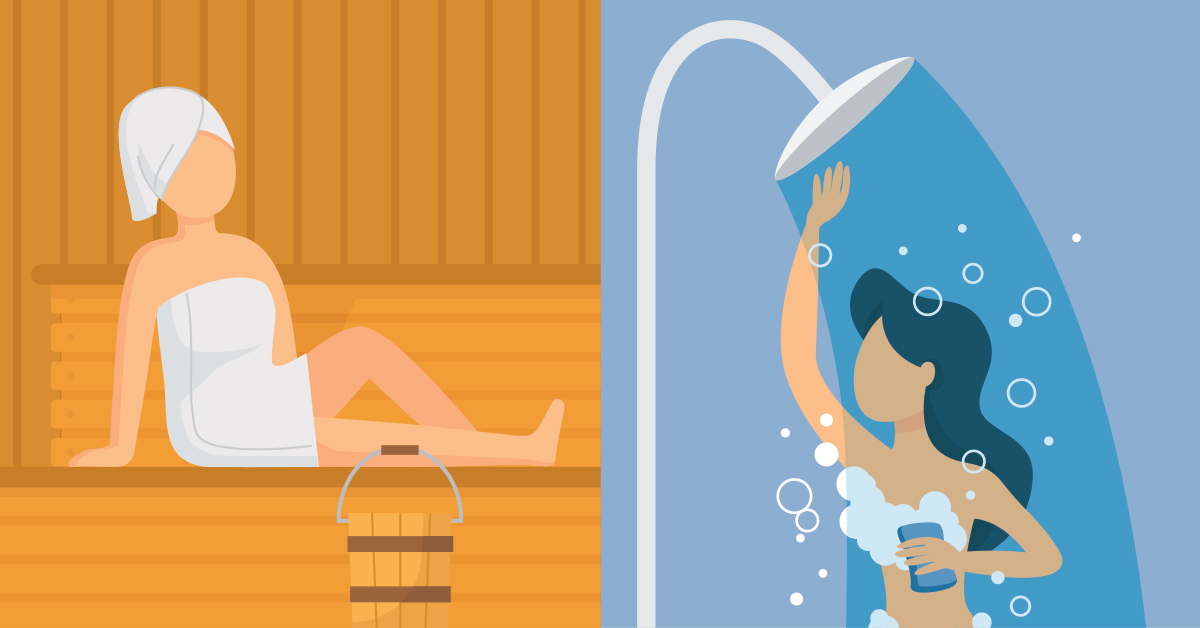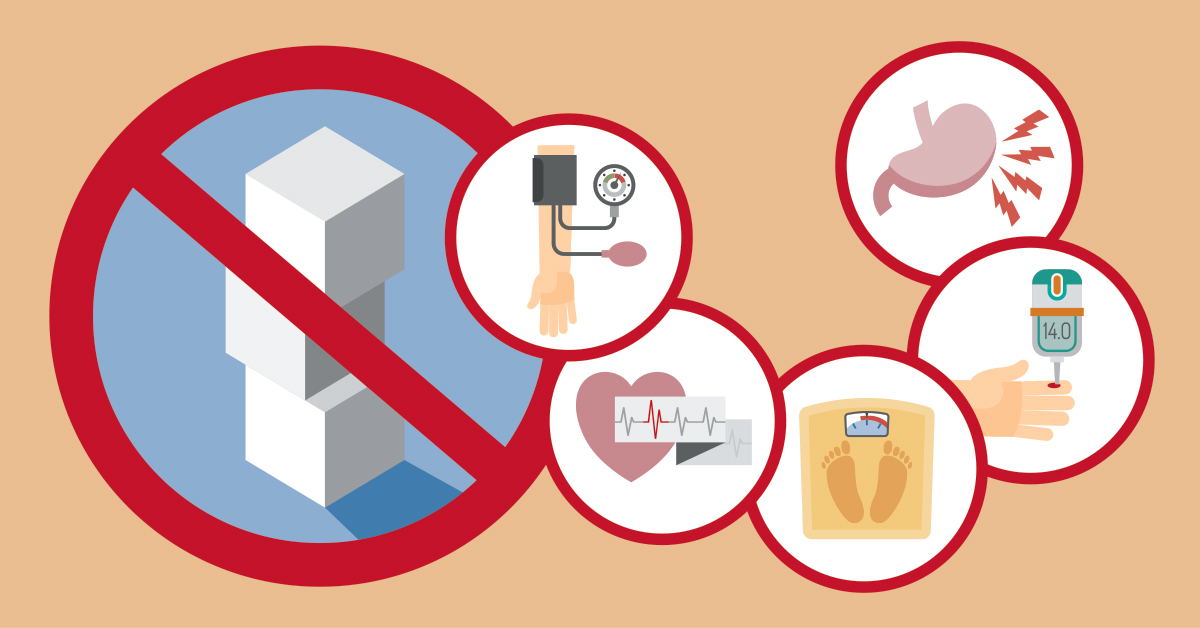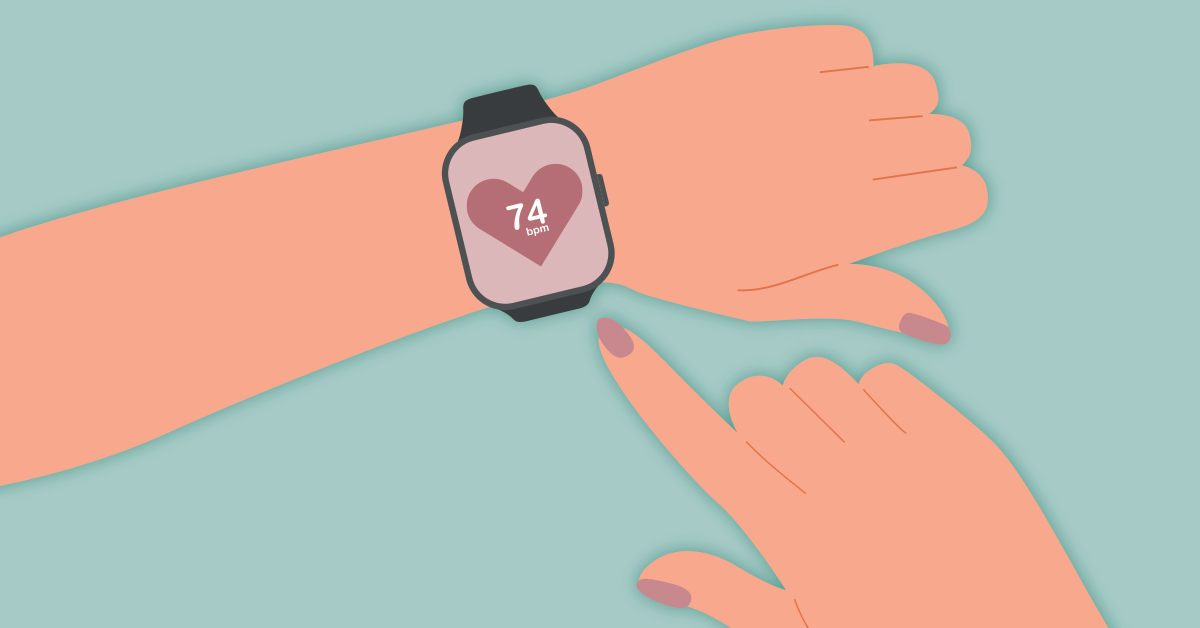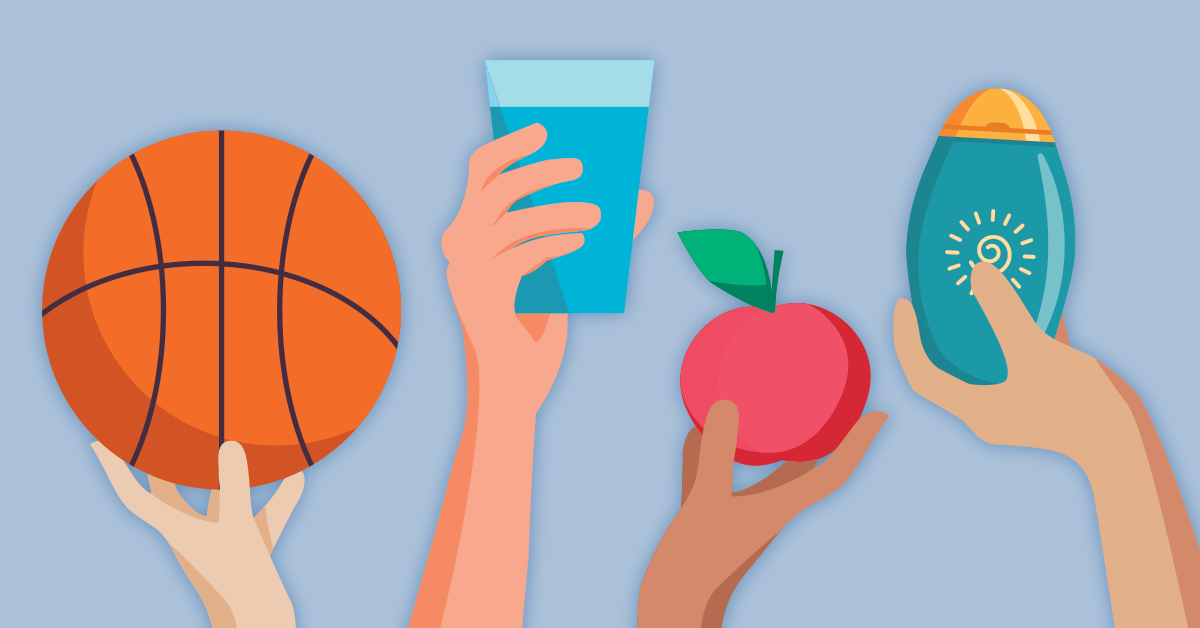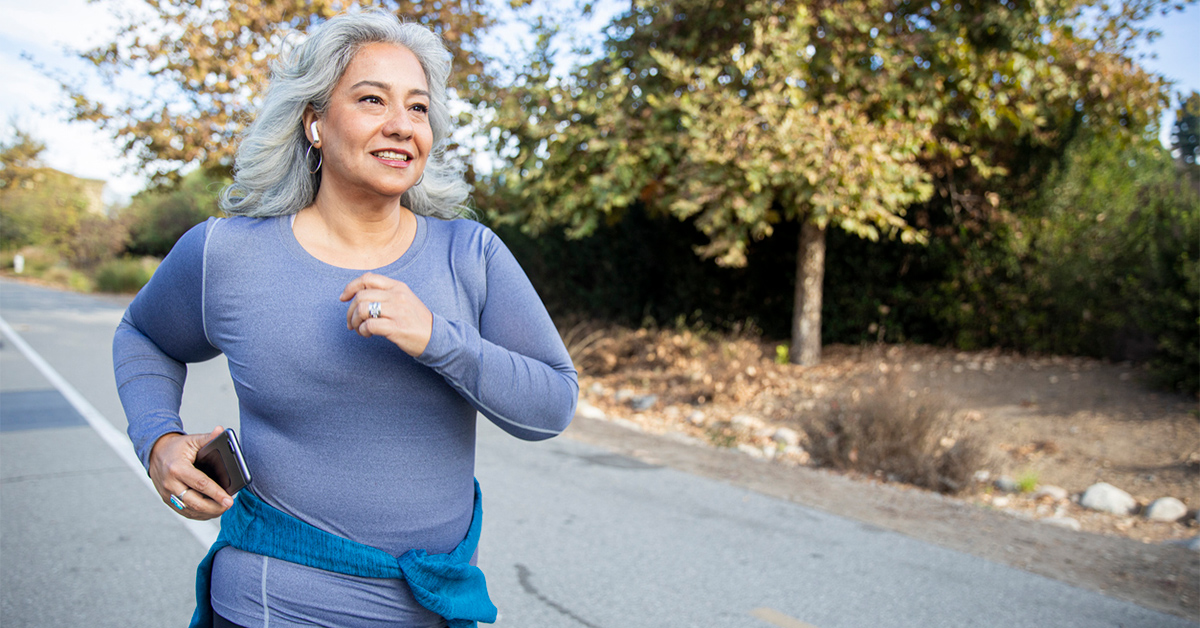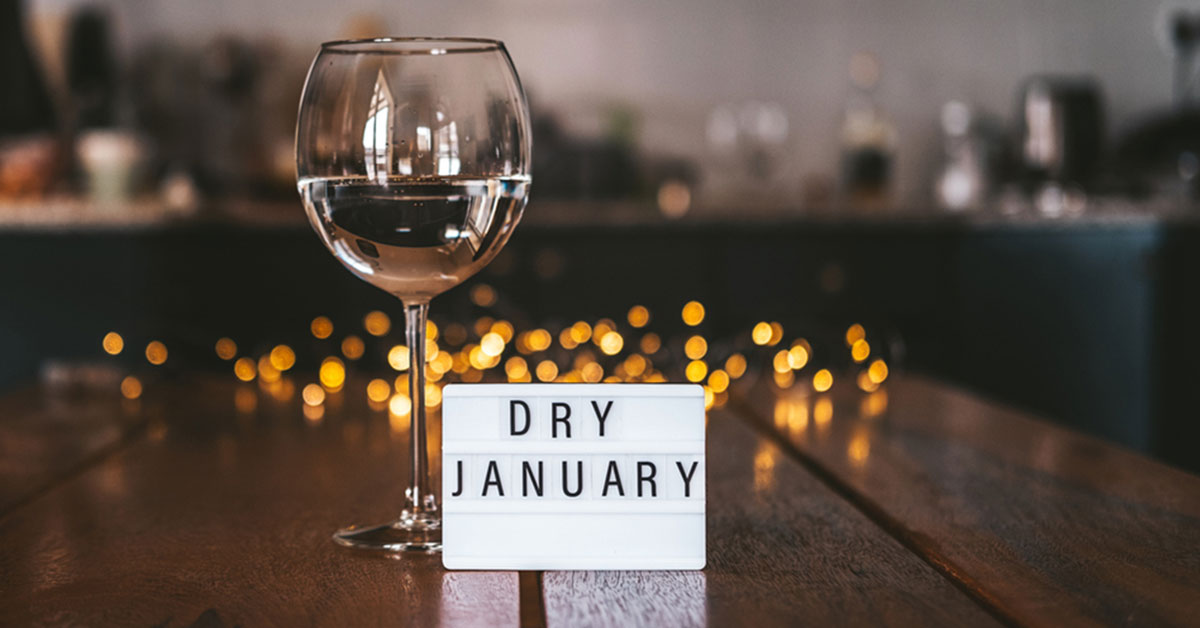The Environmental Working Group, a non-profit consumer rights advocacy group, first published its Shopper’s Guide to Pesticides in Produce™ and had updated it every year since 2004. The guide ranks the pesticide contamination of 46 popular fruits and vegetables based on test results by the Department of Agriculture and the Food and Drug Administration of more than 46,000 samples of produce.
Nearly 70 percent of the non-organic fresh produce sold in the U.S. contains residues of potentially harmful chemical pesticides, according to EWG’s analysis of the latest test data from the federal Department of Agriculture. Why does this matter? There is mounting evidence linking exposure to pesticides to an elevated rate of chronic diseases including:
- Cancer and diabetes
- Neurodegenerative diseases such as Parkinson’s, Alzheimer’s, and ALS
- Birth defects and reproductive disorders
- Asthma, COPD, and more
The Dirty Dozen
To help consumers reduce exposure to toxic pesticides, it created what is now known as the “Dirty Dozen” — the twelve fruits and vegetables with the most concerning levels of pesticides. Read below to see the produce that the EWG recommends that you buy organic, beginning with the most contaminated food, as organic farming uses dramatically fewer pesticides than conventional farming.
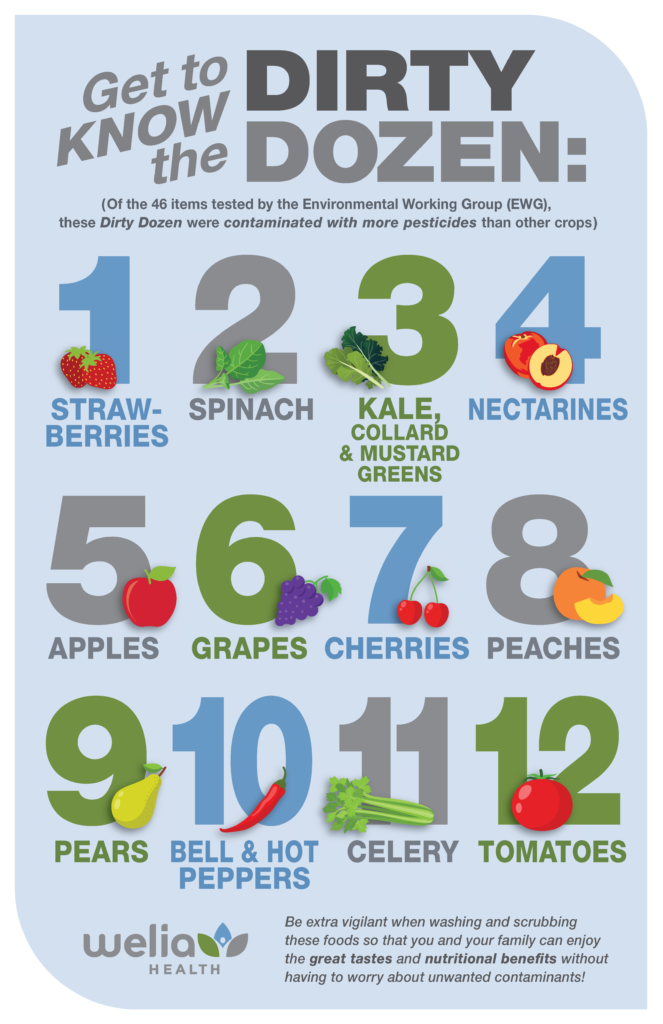
When buying organic isn’t possible or practical
Be extra vigilant when washing and scrubbing these foods so that you and your family can enjoy the great tastes and nutritional benefits without having to worry about unwanted contaminants!
Wash, scrub and rinse
Washing produce by rinsing it under cold water, what most people do, has been shown by one study to reduce pesticide residue for 9 of 12 tested pesticides.
Will adding a commercial produce cleaner make produce safer to eat? One study says save your money. Produce cleaners have been shown to be no more effective than plain water.
Several remedies, however, have been shown to be more effective than plain water including salt water, vinegar or baking soda water.
- A soak in a 10% salt water solution for 20 minutes gets rid of most of the residues from the four most common pesticides.
- While some recommend soaking produce in full-strength vinegar, others prefer a 20-minute soak in 4-parts water to 1-part vinegar to minimize the strong aroma and flavor. Vinegar also removes many types of bacteria.
- A soak in a large bowl of water with 1 teaspoon of baking soda for 12-15 minutes and a scrub with a vegetable brush washes away nearly all pesticides.
However you wash your produce, once those fruits and veggies are clean, enjoy them often. After all, they are the foundation of a healthy lifestyle.


